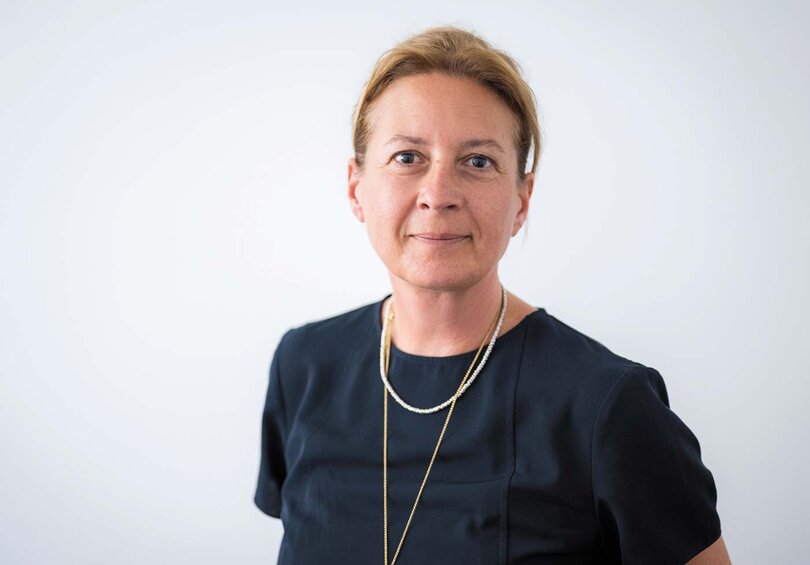No fewer than four universities in Hesse were among the ten German universities to be selected for the Erasmus+ «European University» funding programme in the most recent round – what an achievement! Hesse now ranks third in a nationwide comparison. This means that altogether six Hessian universities are involved in five European Universities alliances.
Technische Universität Darmstadt (TUD) was already successful in 2019 with the «University Network for Innovation, Technology and Engineering» (UNITE!), one of the first 17 European Universities alliances. In the second round of the pilot project, it was joined by Darmstadt University of Applied Sciences (h_da) with the «European University of Technology» (EUt+) alliance. At that time, h_da was one of only two universities of applied sciences (UAS) in Germany to successfully compete in the competition – for Hesse, this was confirmation that its ongoing commitment to the development of its universities of applied sciences is reaping benefits.
The success story continues. In the most recent call for applications, four more Hessian universities were successful: Justus Liebig University Giessen and Philipps-Universität Marburg in an alliance with the consortium «European University for Peace, Justice, and Inclusive Societies» (EUPeace). It focuses on the internationalisation of institutions of higher education to strengthen peace, solidarity and human rights. Frankfurt University of Applied Sciences in the «Urban Research and Education Knowledge Alliance» (U!REKA SHIFT) aims to establish a sustainable inter-university campus that trains «future-proof urban professionals». And Fulda University of Applied Sciences in the alliance «Engaged and Entrepreneurial European University as Driver for European Smart and Sustainable Regions» (E³UDRES²) is planning to connect rural regions and promote their development into «smart», sustainable regions with such focuses as the circular economy, active aging and well-being and the human contribution to artificial intelligence.

